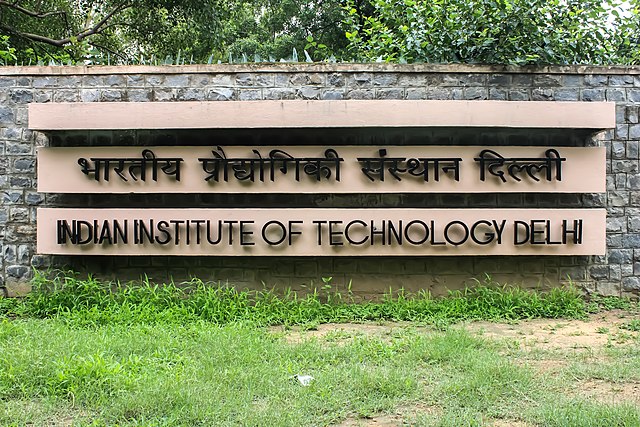N.B. Nair
New Delhi (ISJ): Glioblastoma, the most common and aggressive type of cancerous brain tumour in adults, poses significant treatment challenges despite available options like surgery, radiation, and chemotherapy. Patients diagnosed with glioblastoma typically have a life expectancy of only 12–18 months post-diagnosis.
Researchers at IIT Delhi have discovered a novel treatment to cure brain tumours. Though the study is still in clinical trial stage, its results give hope to patients suffering from brain tumour. The study was conducted by Vidit Gaur, a doctoral student of IIT Delhi’s Centre for Biomedical Engineering, under the guidance of Dr Jayanta Bhattacharyya, Associate Professor. The research study was published in the international journal Biomaterials.
The researchers developed a novel nanoformulation, namely Immunosomes, that combines a CD40 agonist antibody with the small molecule inhibitor RRX-001. This innovative approach aims to
enhance treatment efficacy for brain tumours, potentially offering new hope for improving outcomes in glioblastoma patients.
In this study, mice bearing glioblastoma treated with Immunosomes showed complete eradication of the tumour and remained tumour-free for at least three months. Additionally, this treatment generated a strong host immune response to fight against brain cancer.
After three months, Dr Bhattacharyya and his team re-challenged the long-term surviving mice by implanting glioblastoma cells. Surprisingly, the mice pre-treated with Immunosomes showed near-no tumour growth, revealing that Immunosomes could generate long-lasting immune memory that can prevent future tumour recurrence without further treatment.
Treatment with Immunosomes can reduce the toxicity associated with CD40 agonist antibody, which otherwise presents a significant challenge for clinicians globally.
“We are highly motivated by these results, and are excited to translate these findings to human clinical trials with a wider range of glioblastoma patients,” said Dr Jayanta Bhattacharyya.
Vidit Gaur told the Indian Science Journal that, so far, this study has been conducted in a pre-clinical animal model, specifically in mice. To advance this study to brain cancer patients, modifications in their formulation are required, particularly developing Immunosomes with the humanized clone of the CD40 agonist antibody.
“We will face more challenges as we go ahead. In addition, to the formulation of Immunosomes using the humanized CD40 agonist antibody, we need to perform additional optimizations for human use. However, as we move towards patient trials, we have to determine the efficacy of the humanized version of Immunosomes in human cancer cell lines,” explained Gaur.
The researcher highlighted that their formulation utilizes two immunotherapeutic anti-tumor drugs: the CD40 agonist antibody and RRX-001. The CD40 agonist antibody in its free form has shown severe liver toxicity, preventing its clinical approval. “We have nano-formulated both drugs into a single carrier agent, which not only reduced the tumor burden but also mitigated the toxicity of these drugs, addressing a major concern for clinicians globally,” he added.
In India, immunotherapy for treating cancer is not very common now. However, in the coming years, the use of immunotherapy is expected to become a standard part of treatment protocols, used in combination with surgery, radiation, and chemotherapy for treating cancer patients. The formulation of Immunosomes, developed using a combination of two immunotherapeutic drugs, is novel across the scientific community, according to Gaur.
According to Gaur, surgery and chemotherapy can provide tumor-free survival to only a section of cancer patients. However, once fully developed, Immunosomes, in combination with surgery and chemotherapy, could result in the complete eradication of brain tumors in cancer patients.
Source: IIT Delhi
Image: Generic


